A nurse has accused NHS Tayside of making her a scapegoat after a patient died following a morphine overdose at Carseview.
A catalogue of failures by a locum psychiatrist, including failing to send a patient to A&E, allowing her to go home and failing to search her for drugs when she returned to hospital despite a 20-year history of overdoses, led to the 50-year-old patient’s death at the Dundee psychiatric unit in 2019.
The female patient took 30 slow-release morphine tablets and later died.
Staff nurse Gail Taylor did not even come on duty until hours after the patient admitted the overdose but was suspended for years by NHS Tayside before finally being cleared and offered her job back, which she did not accept.
The internal appeal tribunal which examined her case raised “significant concerns” about the documentation presented by NHS Tayside and questioned whether some of it was factual.
The nurse, who had a 22-year unblemished record of employment with NHS Tayside, has been left so traumatised after being ostracised and denied support by the health board, that she cannot face seeing her uniform again without having a panic attack.
Gail, 67, from Dundee, said: “I was made a scapegoat for the dreadful catalogue of failures by others, including a locum psychiatrist who failed to ensure the patient was taken the few yards from the ward at Carseview to the A&E department of Ninewells on the same campus.
“I spent four long years with the tragic, avoidable death of this patient hanging over my head. It has left me deeply traumatised.
“Even though I’ve been cleared, given an out of court settlement and offered a return to work, I could not face going back.
“The job I once loved and was so proud to do would never have been the same.
“A patient who could have been saved lost her life, and my unblemished career was destroyed when I was not to blame.
“I cannot even look at my uniform now without panicking and feeling ill, never mind putting it back on.”
The internal appeal panel criticised NHS Tayside over how they handled the case, finding their investigatory and disciplinary processes to be flawed, excessive and unfair.
The patient who died at Carseview after being admitted on December 7, 2019 for threatening to take her own life, was well known to staff at the psychiatric unit.
She had been treated there following numerous suicide attempts after being diagnosed with Emotionally Unstable Personality Disorder (EUPD).
Despite the suicide threats, locum psychiatrist Dr Vanaja Puli had allowed the patient to go home for a few hours after she promised to return.
When she did return, nobody checked whether the patient had brought drugs into the hospital.
The patient eventually admitted to staff around 7.20pm that she had taken 30 slow-release morphine tablets.
A tribunal found Dr Puli failed to take the steps required to ensure the patient was taken to Ninewells A&E, just yards from the Carseview unit, and failed to ensure regular checks were made every 15 minutes.
Staff nurse Taylor came on duty later that night just before 9pm.
She insists: “I was never told the woman had taken 30 slow-release morphine pills.
“If I had been, I would have had the patient sectioned and taken to A&E where treatment could have saved her life.
“The observation documents that should have alerted any nurse or doctor that there was any concern about the patient had not ben filled in before I came on duty.
“Another staff nurse on duty that night had kept checking on the patient throughout the night while I checked on the other 22 patients in the unit.”
Police found empty pill packets
Gail went off shift almost two hours before the patient was found unresponsive and paramedics were called.
The time of death was given as 9.45am on December 8. Afterwards, police officers arrived at Carseview and discovered empty packets of pills in the her pockets.
Two years ago, the Medical Practitioners Tribunal Service suspended Dr Puli for three months “to maintain public confidence in the profession” after ruling she had committed “serious failings”.
The other staff nurse on duty that night was fired.
Despite the nursing watchdog the Nursing and Midwifery Council finding they did not have concern about her fitness to practice, NHS Tayside also sacked Gail, who was the nurse in charge on the night of the tragedy.
She appealed and the panel found it was “unjustifiable” of NHS Tayside to find Gail personally accountable for what they described as lots of errors with many staff involved over a period of three shifts.
They also said: “We are significantly concerned about the documentation presented.
“The apparent omissions and additions relating to the patient record left the Panel unsure what documentation was actually factual.”
Gail never went back to the job she once loved and retired earlier this year.
Craig Snee is a Partner with Thompsons Solicitors Scotland and Gail’s lawyer.
He said: This has clearly had a massive impact on Ms Taylor who has had this disgraceful of affaires hanging over her for the last 4 years.
“It has deeply impacted every aspect of her life and she has struggled to perform day to day tasks.
“Once I met with Gail I was determined to seek justice on her behalf and obtain financial compensation which I hope can go a small way to make amends for the mistreatment she has suffered at the hands of her employer.”
NHS Tayside said: “Our appeals policies and procedures are designed to ensure that staff have the opportunity to present their case and appeal any decision made.”
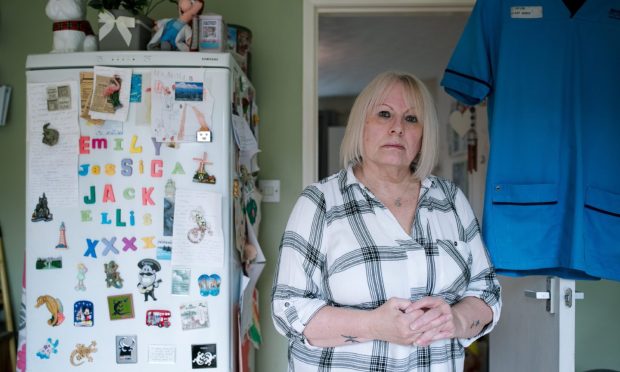
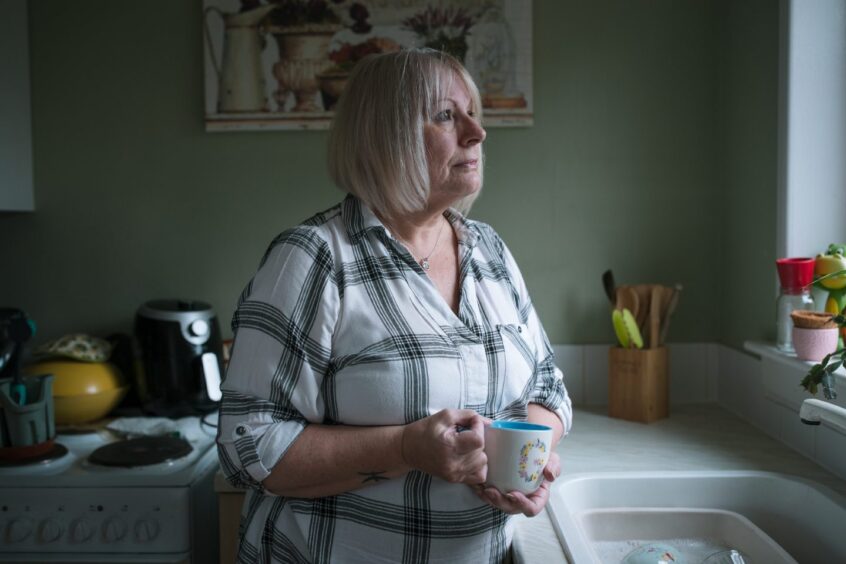

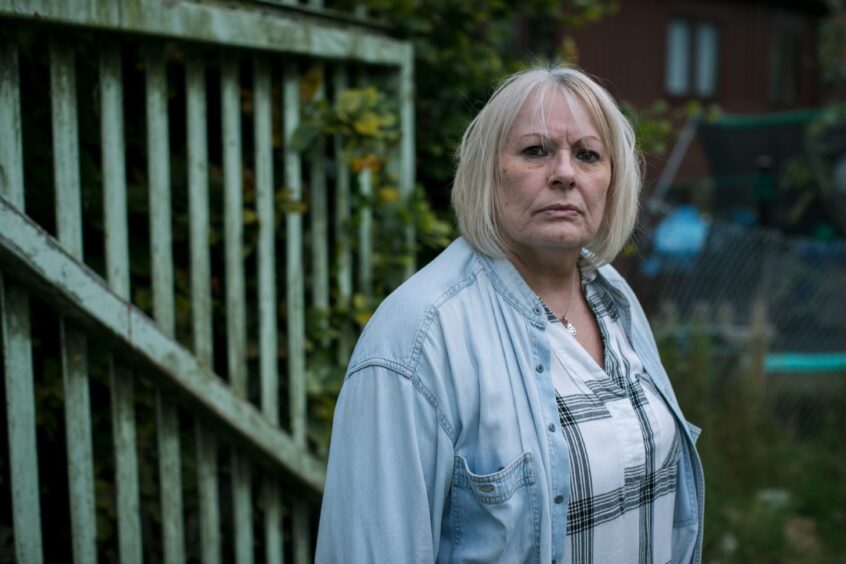


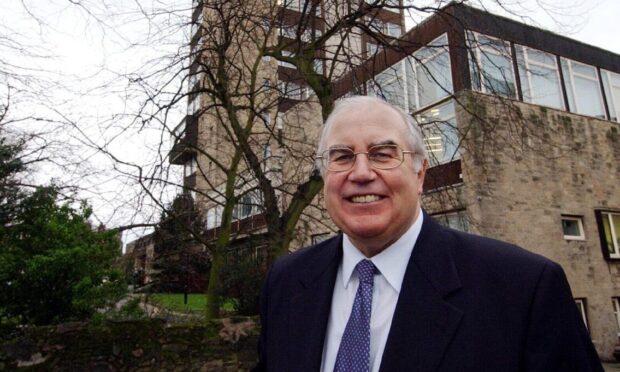
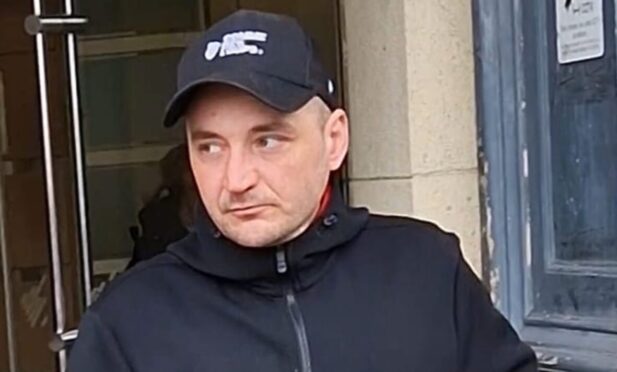

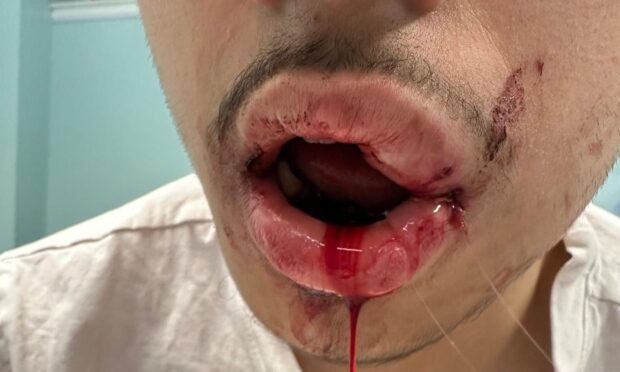


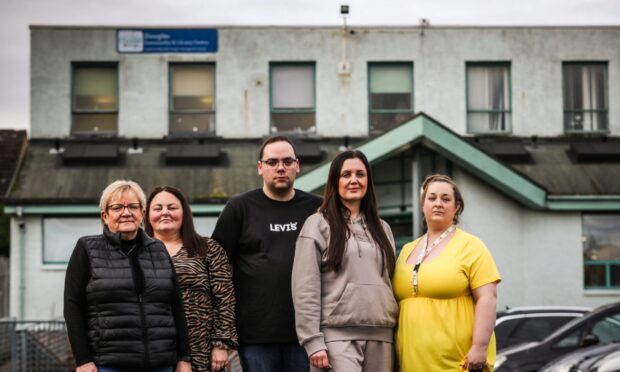
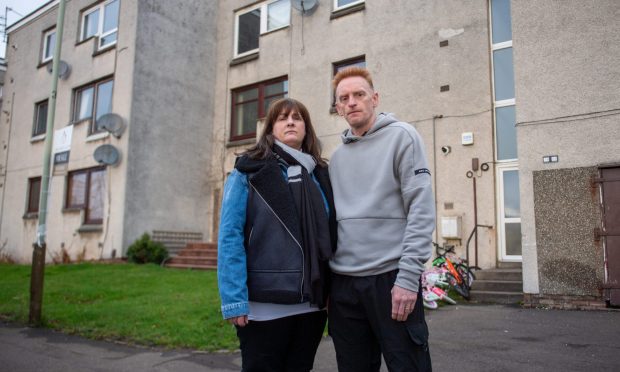
Conversation